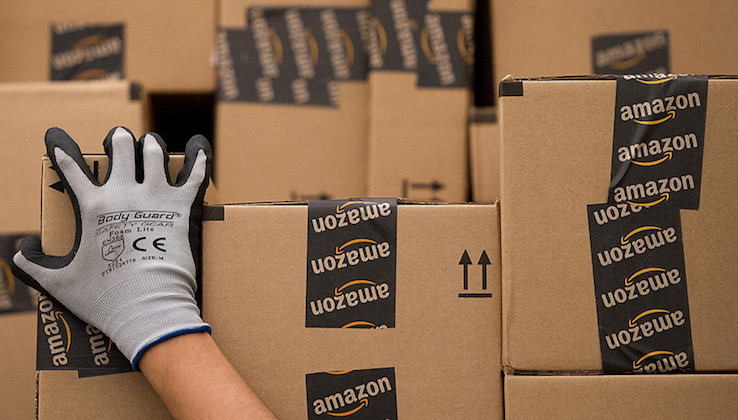Welcome to the Glossy+ Research Briefing, your weekly curation of fashion and beauty research insights. Glossy+ members have full access to the research below.
In this edition, we share focal points from Glossy’s recently released report on how retail media is growing as a marketing channel.
Interested in sharing your perspectives on the future of fashion, luxury and beauty?
Apply to join the Glossy research panel.
38% of marketers use retail media advertising
As retail media continues to heat up as a marketing channel, some beauty retailers like Ulta are taking steps to build out their retail media businesses. In May 2022, Ulta launched UB Media, its retail media network (RMN). At the time of launch, Ulta said UB Media would leverage data from members of the company’s rewards program, which its press release called the largest in the beauty category at 37 million user profiles. A year later in its May 2023 earnings call, the company said it continues to expand the network.
Indeed, retail media is becoming a cornerstone in many marketers’ strategy playbooks, according to Glossy+ Research’s recent report on retail media for our CMO Strategies series. Glossy found that over a third of marketers (38%) said they use retail media advertising, putting the channel just behind display ads and social media in popularity.
Ad position: web_incontent_pos1
For now, Amazon is the clear main character in the retail media story, with more than three-quarters of respondents (76%) saying they use the platform for selling their companies’ products. As a sales platform, Amazon has an advantage over other RMNs due to the sheer volume of consumer data it collects. That means Amazon can offer brands access to more consumers, and their data, than other RMNs — putting it in the No. 1 position as a retail media partner in terms of scale.
Key findings:
- Amazon plays a unique secondary role when compared to other RMNs. The huge pools of consumers who visit Amazon regularly access the site not only to make purchases, but also to use it as a search engine for discovering new items — similar to how they might use Google. Therefore, many marketers are now using Amazon as a platform to raise awareness for their brands, whether or not they sell on the site.
- Retail media is not without its challenges. Aside from growing privacy laws, a big concern for marketers posed by the channel itself is the cost of media. Digiday’s survey found that 92% of respondents said the cost of media was a big concern in the retail media channel — also a common concern for marketers across channels.
Ad position: web_incontent_pos2
Research Rewind: Some fashion brands turn to blockchain tech to comply with supply chain disclosure regulations
On July 20, U.K.-based contemporary designer Priya Ahluwalia launched her namesake brand’s digitally connected fall 2023 collection. Through an integrated QR code, the pieces provide customers with access to brand storytelling, while providing the brand access to customer data. Digital ID startup EON and Cloud technology provider Microsoft partnered on the collection, which is now selling on the brand’s e-commerce site.
The digital IDs also track the garment, capturing information that’s valuable during the resale process. As EON CEO Natasha Franck described it, by scanning an item’s digital ID, a customer can upload the item and its corresponding information to a resale platform. Franck said the E.U.’s mandatory digital identification for garments starting in 2027, along with the requirement of some supply chain disclosure starting as early as 2024, will mean that brands will need access to their supply chain data and trackable solutions will be necessary.
As regulations tighten, more brands are using blockchain technology to track products from where materials are sourced to creation of the finished product. Companies’ second most used application of blockchain technology is for supply chain transparency and sustainability, according to a Glossy+ Research survey of 388 industry professionals.
Key findings:
- Almost half of respondents (49%) said they use blockchain technology for supply chain transparency. This form of blockchain provides accountability and security through the production process — something that’s particularly useful for fashion brands as a way to better verify a material or product’s authenticity.
- The most common reason industry professionals use blockchain technology is for NFTs, according to 64% of respondents. Overall, however, companies are struggling to find practical ways to implement blockchain technology, with 71% of respondents saying blockchain is not relevant to their business.
See research from all Digiday Media Brands:




